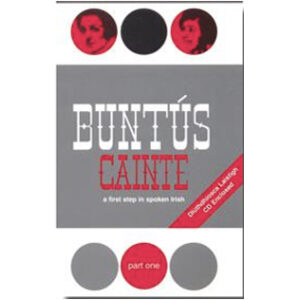Nollag ghlas, reilig mhéith.
A green Christmas, a fat graveyard.
Note: This week’s seanfhocal has found its way into English as the proverb, “A green winter makes a fat churchyard.” This is possible because the Irish word “Nollaig” could be mistranslated as “December.” “A green December makes a fat graveyard” is not a stretch to become “A green winter makes a fat churchyard.” However, the correct Irish word for December is ‘Mí na Nollag,’ which literally means ‘the month of Christmas.’ (The genitive case drops the ‘i’ in ‘Nollaig’ thus broadening the final consonant.)
This astute observation is a macabre irony that gives new meaning to the term “White Christmas.” How could something that is green, the color of life (or, at least plant life) be associated with added deaths? The answer lies in the fact that a mild winter does mean life, but it is also life to the unseen world of deadly microbes and disease. However, a cold winter makes the world a veritable dessert. It effectively removes water from the environment. Nothing can live without water. Microbes either die or hibernate. The absense of microbes greatly reduces human mortality, i.e., a white Christmas makes a thinner graveyard.
Note also: Even such a short proverb as this illustrates some fundamental differences between the Irish and English languages. As in English this proverb has implied the verb. But, the Irish word order is usually the exact opposite of English when it comes to nouns and their modifying adjectives. In English, it is a “green Christmas,” but in Irish it is “Nollaig ghlas.” In English, it is a “fat graveyard,” but in Irish it is “reilig mhéith.” In English, it does not matter what gender the nouns are; the adjectives are always the same. In Irish, a feminine noun requires its modifying adjective to be lenited (séimhiú), e.g., ‘ghlas’ and ‘mhéith.’
